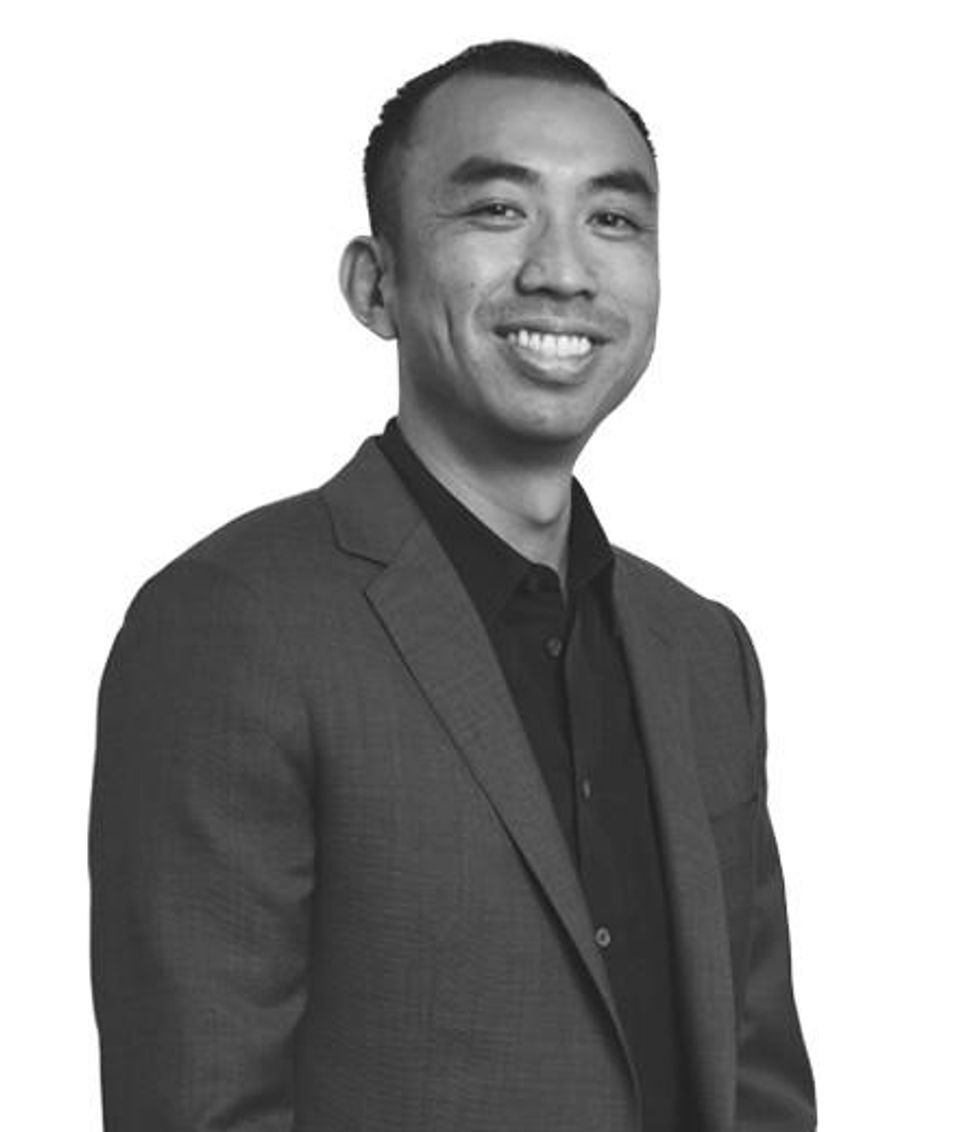Scrubs maker FIGS gained a win in court this week after a jury found there was no merit to the false advertising and misleading business practices claims brought by rival medical apparel maker Strategic Partners Inc. (SPI).
The lawsuit which was first filed in January 2019 alleged that FIGS co-founders Trina Spear and Heather Hasson were making false claims about their scrubs’ ability to protect the wearer from bacteria or disease.
A jury ruled SPI’s claims against FIGS weren’t valid on Nov. 3. An attorney for SPI—which does business under the moniker Careismatic Brands—told dot.LA the jury ruled that SPI didn’t meet its obligation to prove to the court that FIGS’ alleged false advertising negatively affected a substantial portion of customers.
In a jury verdict viewed by dot.LA Friday, the jury said that FIGS' claims that their scrubs killed bacteria were both not literally false nor deceived a "substantial segment of FIGS' audience of consumers." The jury also ruled that FIGS did not engage in false advertising, and that SPI was not entitled any damages.
In response, FIGS’ chief legal officer Todd Maron said in a statement Friday that “this verdict is a powerful win, not only for FIGS, but for fair competition.” Maron added that, “this marks the end of a nasty, four-year campaign against FIGS, engineered by SPI’s former CEO Mike Singer and based on outright falsehoods. SPI has sued competitors at least twice before in similar situations, and we felt it was important to stand up for the truth when confronted with a baseless lawsuit.”
SPI’s counsel told dot.LA the medical apparel maker plans to appeal the ruling. Charismatic Brands CEO Girisha Chandraraj added in a statement that, “Careismatic Brands takes our position as a leader in the medical apparel industry seriously, and brought this case to protect healthcare workers, force FIGS to stop making false claims, and ensure a fair and transparent marketplace.”
To that end, since the SPI trial first came to light, a securities class action lawsuit has been filed against FIGS. Any class action claims are likely to suffer a dead end since FIGS’ terms of service clearly states that people who buy its products online agree to an arbitration clause that prevents a class action case.
In addition FIGS is currently being investigated for several other securities lawsuits, many of which have been announced in recent days. According to an attorney at a firm investigating one such lawsuit, it is common for law firms that focus on securities to trawl for cases such as FIGS v. SPI. Many law firms will use cases like this one as a jumping-off point to encourage disgruntled investors to band together and sue for compensation.
FIGS declined to comment on the other pending litigation.
As of this writing, FIGS’ stock is trending up by 1.5% to $6.70 per share. Though that’s far from its debut stock price of $29 per share after its May 2021 IPO when the scrubs maker was valued at over $4.5 billion.
For now, FIGS can turn its focus away from the courtroom and towards its third quarter earnings, which are expected Nov. 10. The upcoming earnings could also potentially shed light on how this lawsuit has affected FIGS’ business, if at all. The company reported $4.9 million in net income last quarter, and if it can continue to work around supply chain constraints and shipping delays, analysts expect that trend to continue.
Correction: This story has been updated to reflect when SPI first sued FIGS in January 2019.
- MedTech Startup FIGS Is Being Sued By SPI - dot.LA ›
- Fulgent Genetics: 3 Things to Know About the Medtech Co. - dot.LA ›
- Nonprofit VETS Helps Veterans Get Psychedelic Therapy - dot.LA ›
- Gonzalez v. Google Could Forever Change Content Regulation - dot.LA ›
- Eight Men Indicted In Discord Pump and Dump Scheme - dot.LA ›
- laWow: The Google of Lawsuits - dot.LA ›
- SCOTUS Rulings To Potentially Reshape Internet Content - dot.LA ›


 InBrace's "smartwire" dental brace.
InBrace's "smartwire" dental brace.